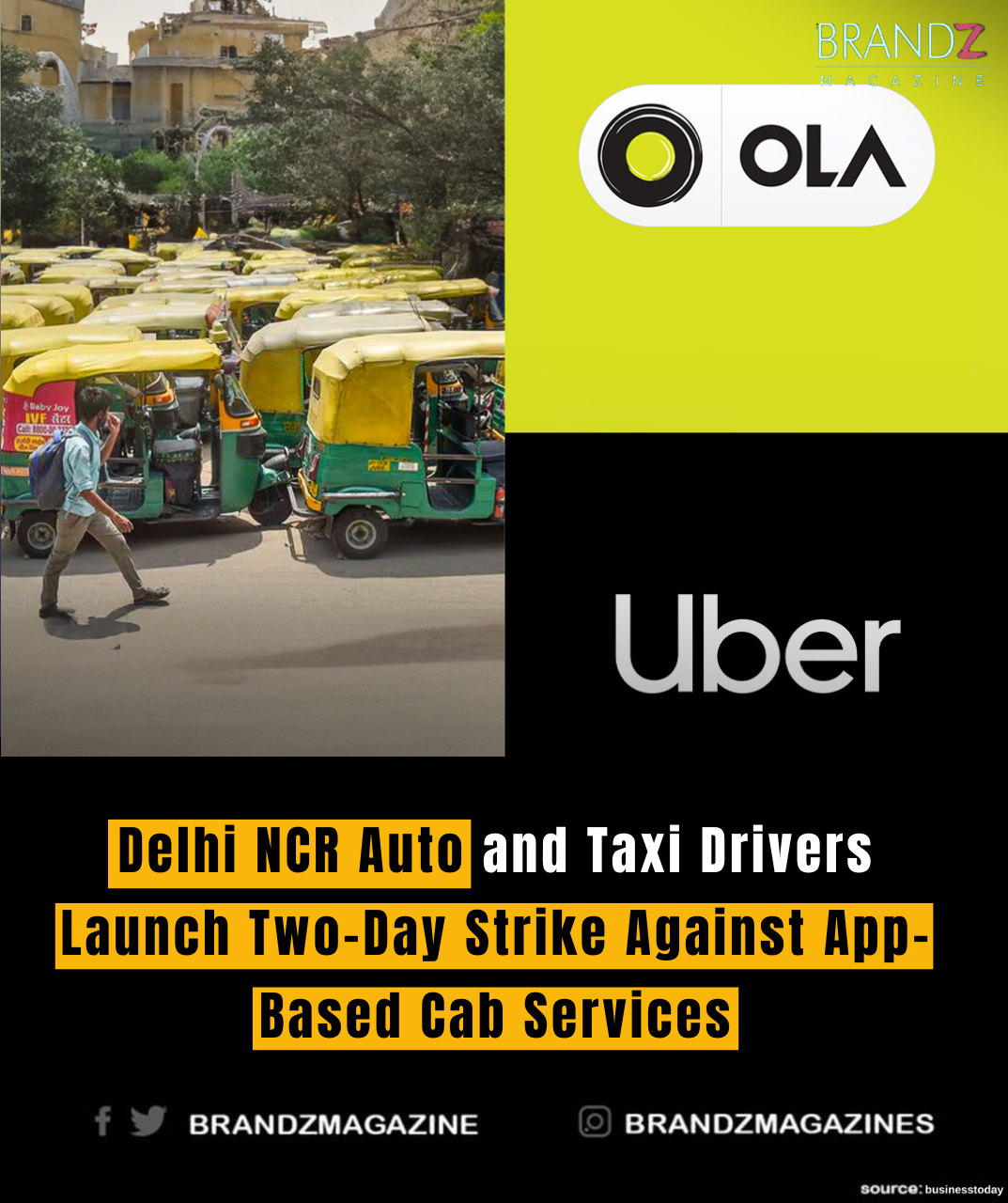
In a dramatic move signaling growing discontent within the transportation sector, auto and taxi drivers in Delhi NCR have initiated a two-day strike starting August 22, 2024. This strike, organized by over 15 unions, aims to spotlight the perceived dominance of app-based cab services such as Ola and Uber and their detrimental impact on traditional drivers’ livelihoods.
The decision to strike reflects mounting frustrations among auto and taxi drivers who allege that the rise of app-based services has drastically reduced their income and customer base. According to the unions, the increasing market share of these digital platforms has created an uneven playing field, where traditional drivers struggle to compete. The unions argue that the influx of app-based services has not only diminished their earnings but has also led to a decline in their job security.
Despite repeated attempts to address these concerns with both central and state governments, drivers claim that their grievances have been met with inaction. The unions have alleged that neither the central nor the state governments have taken concrete steps to resolve the issues raised by the traditional drivers. This perceived governmental neglect has fueled the decision to strike, as drivers seek to draw attention to their plight and demand intervention.
The strike has brought a halt to auto and taxi services across the region, causing significant inconvenience for commuters. Many residents who rely on these traditional forms of transportation have been left scrambling for alternative means of travel. The disruption highlights the critical role that auto and taxi services play in daily commuting in Delhi NCR, underscoring how deeply intertwined these services are with the urban mobility of the region.
The unions leading the strike have outlined several demands, including regulatory changes to ensure a fairer competitive environment. They are calling for measures that would level the playing field between app-based services and traditional drivers. Specifically, they are asking for stricter regulations on app-based companies, including caps on commission rates and more transparent fare structures. Additionally, they are seeking support from the government to ensure that traditional drivers are not unfairly disadvantaged by the rapid expansion of these digital platforms.
The impact of the strike extends beyond just the inconvenience caused to commuters. It serves as a broader commentary on the evolving landscape of urban transportation and the challenges faced by traditional service providers. As app-based services continue to grow, questions about regulatory balance and the protection of traditional jobs are coming to the forefront. The strike underscores the need for a comprehensive approach to transportation regulation that considers the interests of all stakeholders, including both traditional drivers and new digital service providers.
In response to the strike, app-based services like Ola and Uber have largely remained silent, though industry observers anticipate that they will eventually address the concerns raised by the traditional drivers. The outcome of this strike could have far-reaching implications for the future of transportation in Delhi NCR and potentially other regions facing similar conflicts between traditional and digital service providers.
As the strike continues through August 23, the eyes of the public and policymakers alike will be on how the situation unfolds and whether it leads to meaningful dialogue and potential solutions that address the concerns of all parties involved.

